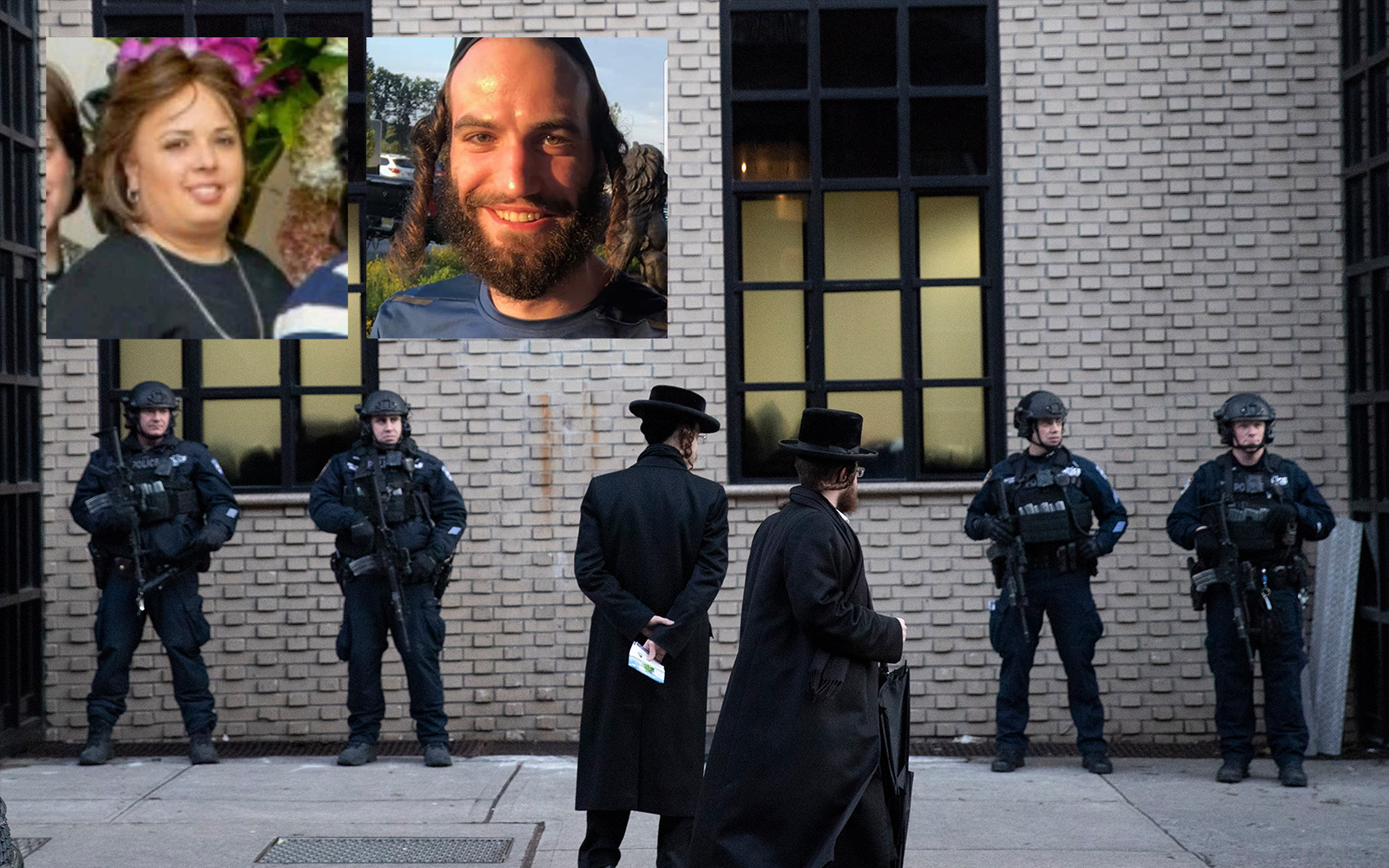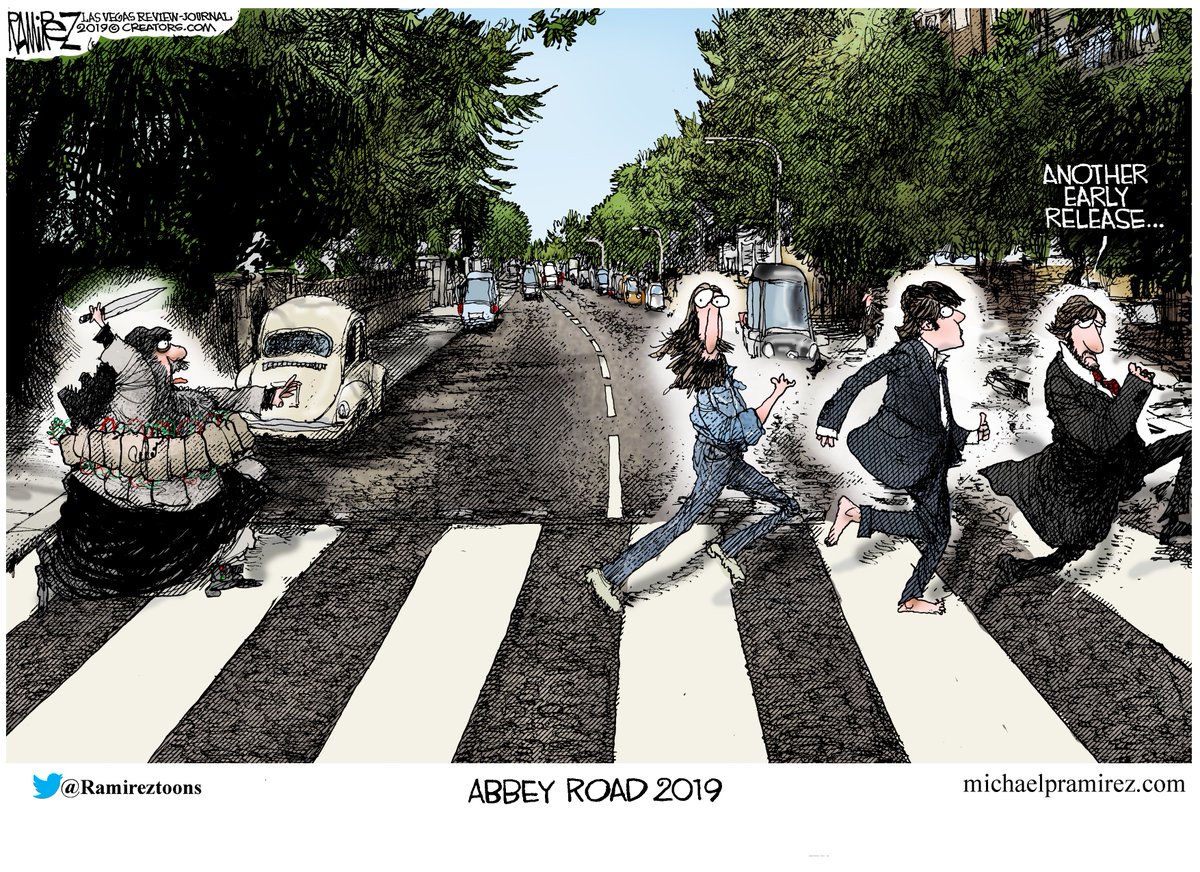Caroline Glick: Why American Jews slander President Trump
The royal host of the American Jewish establishment hissed that in speaking thus, Trump reinforced the anti-Semitic stereotype that Jews love money.President Trump deserves our thanks for combating antisemitism
Such twaddle.
As he said, Trump was addressing his fellow real estate developers in the crowd. He was talking to them as his competitors, not as his enemies. When he said, "You’re brutal killers" he was paying them a compliment. They understood, which is why they laughed.
Trump’s claim that they would vote for him even if they didn’t like him because they feared the Democrats’ confiscatory tax policies is his standard line on Democratic tax policy. He says it to everyone, not just to Jews. The audience knew this too – which is why they laughed and applauded.
The Jewish establishment types joined the bandwagon and agreed Trump’s playful, friendly statement was anti-Semitic because they want to believe Trump is an anti-Semite. If Trump is an anti-Semite then it’s reasonable for them to remain loyal to the Democratic party which, led by "the squad" is leaping towards the anti-Semitic cliff that Britain’s Labour Party jumped off when it elected Jeremy Corbyn its leader.
In other words, they slander Trump as an anti-Semite because they prefer their partisan interests to the interests of the Jewish community in America and the Jewish people throughout the world.
Luckily, as Trump’s consistent record of support for Israel and the Jews in America and worldwide and as his warmth for Jewish people makes clear, the President doesn’t have an anti-Semitic bone in his body. And he won’t become an anti-Semite no matter how poorly the American Jewish establishment treats him.
Trump’s Jewish critics said he was trafficking in anti-Semitic "tropes" when he told the IAC, that in the U.S. "you have people that are Jewish people, that are great people – they don’t love Israel enough." But he was doing no such thing. He was telling the truth. Those Jewish people love neither Israel nor the children of Israel, the Jewish nation enough.
Thankfully, President Trump loves the Jews and Israel so much that he makes up for them.
This is an important start – but it’s not nearly enough, given how successful BDS has been in its efforts to spread antisemitism. Hatred of Jews is on the rise around the world, with more than 20% of Europeans claiming that Jews have too much influence in business, finance, media and politics, according to a recent CNN poll. France and Germany both reported marked increases in antisemitic attacks over the past year, and incidents closer to home – in San Diego this year, Pittsburgh last year and likely Jersey City this week – make clear that America has not been spared.JPost Editorial: What is the situation of American Jews, if Trump needed to issue an EO?
This rising tide of antisemitism is especially dangerous given the dwindling number of Holocaust survivors who have for decades acted as a bulwark against those who seek to propagate hatred of Jews. Without the evidence of our history – of the horrors that arise when antisemitism goes unchecked – we are liable to lose the knowledge and understanding of it as well. Once that is gone, it may not be recovered. Without it, we risk repeating the mistakes of the past.
That’s why it is more important now than ever before to preserve Jewish heritage. As the chairman of the Commission for the Preservation of America’s Heritage Abroad, I’ve been tasked by President Trump with protecting historic sites of great significance to US citizens and particularly to members of the Jewish community and their ancestors.
Thankfully, the president has been a tireless advocate of the commission’s work. American heritage is inextricably linked to the tapestry of identities that make up the American experience, and with President Trump’s support we have been more active in preserving that heritage than ever before.
What has the situation for Jews in the United States come to if the president needs to issue an executive order to combat antisemitism?NYTs: Executive Order on Jews Has Firm Legal Grounding
Forget for a moment about all the backlash surrounding the executive order – and there has been an enormous amount, ranging from thoughtful, qualitative considerations of free speech and criticism of Israel, and babbling debate about whether Jews are a nation, race or religion, to absurd claims that its enactment marks the beginning of an ominous era aimed at seperating Jewish people out of the collective.
Instead, let’s focus on the facts. In 2019, nearly 75 years after the end of World War II and the Holocaust – years in which American Jews experienced unprecedented freedom and opportunity and rose to become a hugely proactive force across all facets of American life – there is a remarkably frightening rise in violent antisemitism.
What is US President Donald Trump’s executive order? It directs the Justice Department and the Education Department to address discrimination cases against Jews under Title VI of the Civil Rights Act, which stipulates that discrimination on the basis of “race, color or national origin” is prohibited. It also adopts the International Holocaust Remembrance Alliance (IHRA) definition of antisemitism, which states that efforts to demonize, delegitimize or apply double standards to Israel are antisemitic.
President Trump signed an executive order instructing federal agencies to use Title VI of the Civil Rights Act - the law that bars federally funded programs from discriminating on the basis of "race, color, or national origin" - to combat anti-Semitism.
His interpretation of Title VI as applying to anti-Semitism is neither new nor troubling. The characterization of anti-Semitism as a form of racial or national-origin discrimination has a secure place in American law.
In 1982, after Shaare Tefila synagogue in Silver Spring, Md., was spray-painted with swastikas, Ku Klux Klan symbols and other anti-Semitic messages, the synagogue and several members responded by suing those who had vandalized their house of worship. The plaintiffs cited the Civil Rights Act, arguing that even though Jews are not a racially distinct group, the vandals viewed Jews as a distinct race and were motivated by racial animus. The case ultimately reached the Supreme Court, which voted unanimously in the synagogue's favor. Jewish groups cheered the ruling.
The Shaare Tefila case teaches that placing a group within a racial category for purposes of civil rights protection does not require us to endorse the idea that the group is racially distinct. Anti-Semitism can be racism for legal purposes even though Jewishness cannot be reduced to racial terms.
Jews do not fit neatly into categories of "race," "religion" and "national origin" that took their present shape millenniums after the Jewish people came into existence. The nuances of Jewish identity do not, however, shield Jews from attackers who see Jews as a nation apart. Jews can suffer national-origin discrimination regardless of whether Jewishness is a nationality.
The Education Department under President George W. Bush recognized that anti-Semitism could constitute racial or national-origin discrimination within Title VI's ambit. The Justice Department under President Obama reaffirmed that view. President Trump's executive order is consistent with those interpretations.











































